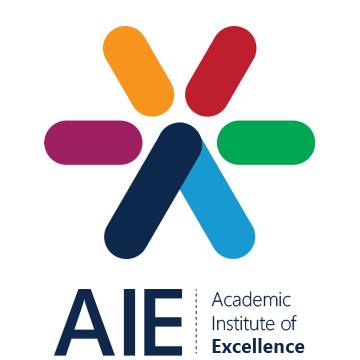This qualification is designed to provide the theory of Electrical Engineering pertaining to Electrician. This qualification meets the academic requirements for you to write your trade test once you have aquired the required practical hours.

The NATED N1-N3 Electrical Engineering: Electrician qualification is a qualification from Levels N1-N3. This qualification is designed to provide the theory of Electrical Engineering pertaining to Electrician. This qualification meets the academic requirements for you to write your trade test once you have aquired the required practical hours.
This qualification consist of one compusory part (N1-N3 theory) and two optional practical parts, beginners level (done between N1-N3) and advanced (can be done after N3).
This part is compulsory. Students are required to complete all their N1-N3 theory subjects to attain their national certificate and diploma. The details of these subjects can be found under the curriculum tab.
Why do your practicals? You cannot afford not to!
Only 2% of all private and public TVET colleges have the facilities and capabilities to offer a practical component with their engineering studies, BUT a staggering 90% of the students that receives practical are employed.
You can complete a BEGINNER level, 1 week program of optional practical hours within your field of study. This is done just after either N1 or before N3 and you will be given a certificate and logbook of the components that you have completed.
Why do your practicals? You cannot afford not to!
Only 2% of all private and public TVET colleges have the facilities and capabilities to offer a practical component with their engineering studies, BUT a staggering 90% of the students that receives practical are employed.
You can complete an ADVANCED level, 1 week program of optional practical hours within your field of study. This is done just after either N4 or before N6 and you will be given a certificate and logbook of the components that you have completed. Part 2 to be completed first.
Why do your practicals? You cannot afford not to!
Only 2% of all private and public TVET colleges have the facilities and capabilities to offer a practical component with their engineering studies, BUT a staggering 90% of the students that receives practical are employed.
At the Academic Institute of Excellence, we believe in a future of possibilities and abundance. A future filled with excellence made possible by a new generation of visionaries and leaders.
Excellence is in our name! It's in our programmes as well as our people. Excellence rubs off onto our learners; it lives on campus and online.
We built the foundation for excellence by creating innovative programmes to prepare our learners for a future of exponential industrial disruption, a future that demands a strong focus on innovation and technology, empowering future generations to solve problems, think critically, innovate and empower others.
We mentor excellence by designing learning paths through analysing global skills demands and providing relevant programmes to meet these demands and in so doing, help create employable, productive, emotionally intelligent and skilled learners.
We grow excellence by delivering programmes in a smarter, more efficient and cost-effective way by embracing innovation and technology, extending the reach of our learning interventions.
We make excellence a habit by working tirelessly towards continuous improvement and dedication to quality education.
We believe a good education is not good enough; it has to be excellent, because only excellence changes the world. Join AIE for Excellence, in your studies and in your life!
© 2025 coursetakers.com All Rights Reserved. Terms and Conditions of use | Privacy Policy